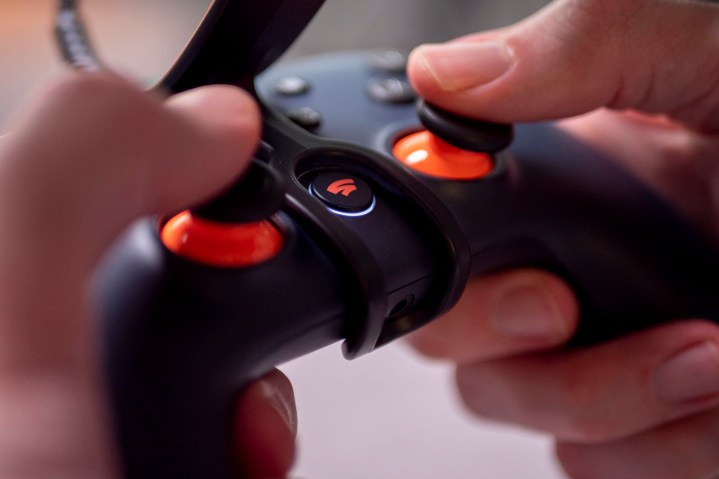
Google’s early Stadia struggles aren’t deterring the company from expanding. Its Stadia Games and Entertainment division just opened a second studio, and a former executive from one of the industry’s most acclaimed developers is in charge.
Based in Playa Vista, California, the new studio will focus on developing exclusive games and new “unique interaction models,” according to Google’s announcement. Shannon Studstill, who was previously VP of product development and the head of God of War developer Sony Santa Monica, will serve as studio director.
Prior to joining Sony Santa Monica, Studstill spent time at Electronic Arts and co-founded PlayStation All-Stars Battle Royale studio SuperBot Entertainment.
“While we’re not ready to share specific game plans yet, rest assured we are listening to what gamers want and [are] adding our own Stadia twists to create new IP and experiences,” Stadia Games and Entertainment VP Jade Raymond said in the announcement.
Along with its two new studios, Google owns Journey to the Savage Planet developer Typhoon Studios. The game is available on other platforms since development finished prior to the December 2019 acquisition. That said, the studio will presumably focus on Stadia exclusives moving forward and is being integrated into the first Stadia studio location.
Google Stadia is short on exclusives at the moment, but that will change in 2020 as there are at least 10 timed exclusives releasing in the first half of the year. Still, Google hasn’t shared details on what those games will be even as approximately 120 games will come to the service in 2020. For comparison, there are thousands of games available on Nintendo Switch, PS4, and Xbox One, and their lead over Stadia could grow even more this year.
Whether these internal studios will help bolster Stadia remains to be seen. The service has struggled to gain momentum since its launch late last year, and Digital Trends wasn’t impressed with its performance or game selection. Some of its biggest promised features, such as a save state sharing system, aren’t included yet, and it only supports a few mobile devices. Microsoft’s Project xCloud, meanwhile, is still in its beta phase but supports most iOS and Android devices already. It hasn’t given a final launch date, though once it does launch it will compete more directly with Stadia.


